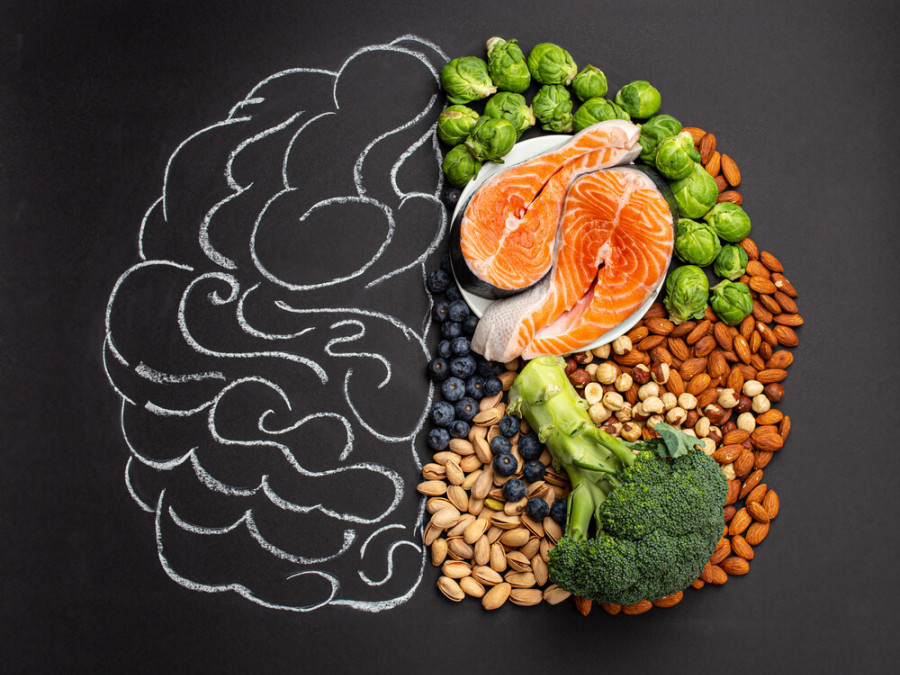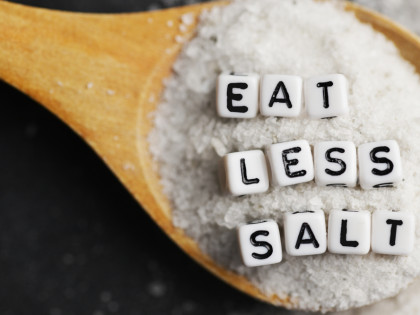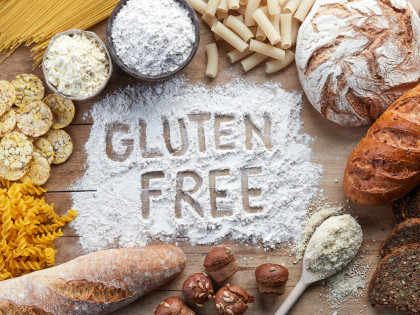Eating better helps you feel better. It also improves your overall sense of health and wellbeing and benefits your body and your brain. The foods you eat have an impact on many aspects of brain health and function. These include decision making, alertness, response time and memory. Ongoing research is trying to understand how the foods we eat influence the brain, and the role of different nutrients on short and long term brain health. This is important because it relates to a person’s risk of stroke, dementia and Parkinson’s disease.
What does science say about the role of certain nutrients and foods to eat for a healthy brain?
Water. When you don’t drink enough fluid to meet your body’s requirements you become dehydrated. If you’re dehydrated it is more difficult to concentrate, your memory is worse and it takes longer to react. Fluids mostly come from what we drink, with some foods also good sources of fluids e.g. watermelon. Choose water, and unsweetened, non-alcoholic beverages to avoid the extra kilojoules and sugar in some drinks, and for most people drinking to thirst, or aiming for a minimum of 8-10 cups of water per day is a great place to start, more if you are active or in hot weather.
Omega-3 fatty acids. Omega-3 fatty acids have been found to improve verbal fluency, visual memory, and reduce cognitive decline over time. Omega-3 fatty acids are a type of poly-unsaturated fat that influences how the brain sends messages to the rest of the body, improves blood flow and decrease inflammation in the brain. Good sources include fatty fish such as salmon and mackerel, vegetable oils, nuts and seeds.
Dietary nitrates. Dietary nitrates are naturally occurring in foods such as beetroot and green leafy vegetables. Dietary nitrates help with the delivery of blood in certain areas of the brain to support, and potentially improve executive functioning, which is related to your organisation skills, ability to focus, and alertness, recall and memory.
Polyphenols. Polyphenols are naturally occurring chemicals found in many different plant foods. They work to mop up free radicals within the body that cause damage to cells if not dealt with. Eating foods rich in polyphenols, such as cocoa and citrus juice have been shown to improve reaction time, increase capacity for mental work as well as reducing perceived fatigue, and offering longer term protection from neurodegenerative diseases such as dementia. Polyphenols are found in a wide variety of fruits and vegetables, with good sources of polyphenols including white and green teas, berries, dark chocolate, tea and coffee.
Flavonoids. Flavonoids are a subtype of polyphenols, shown to be beneficial to memory and brain health, protecting neurons within the brain, as well as rebuilding damaged neurons. Good sources of flavonoids include blueberries, strawberries, grapes and dark (80%) chocolate.
Energy. The brain uses around 20% of your body’s energy supply, and more when the task is particularly difficult. Glucose that we get from eating foods containing carbohydrates such as breads, cereals, fruits, starchy vegetables, pastas and rice are the brain’s preferred source of energy. Eating regularly provides your body with the energy your brain needs. Choosing carbohydrates with a lower GI, such as wholegrain carbohydrates, for example rolled oats may have a positive effect on different aspects of brain function.
B-Vitamins. B-vitamins are a group of water-soluble vitamins. Each of these vitamins play different roles in relation to healthy brain function, relating to energy availability, the structure and function of neurons, and the formation of neurotransmitters. Research suggests that deficiencies in certain B-vitamins, including B6, B9 and B12 may increase a person’s risk of dementia in older age. Good sources of B-vitamins depend on the specific group, however eating a wide variety of foods, including wholegrains, seeds and legumes, animal meats, dairy foods, eggs, fruits and vegetables, will provide the majority of people with the recommended intakes.
Minerals. Iron provides essential oxygen to the brain, and along with zinc is involved in neurotransmitters and supporting healthy brain cells. Iron is available in animal meats, legumes and spinach; and zinc found in oysters, red meat, nuts and seeds are needed for the brain to function well.
Individual nutrients versus what you eat overall?
Research into the role of particular nutrients and their effect on brain health and related diseases show that the foods a person eats are important for the health of the body as well as the brain. Overall patterns of eating are beneficial to brain health, with the Mediterranean diet, and the Dietary Approaches to Stop Hypertension (DASH) diet, or a combination showing promise. These patterns of eating focus on including high amounts of vegetables, fruits, mono and polyunsaturated fats from olive oil, nuts, seeds and oily fish, as well as wholegrains, whilst also limiting saturated fats, salt, sugar and refined carbohydrates. These patterns of eating also offer protection against other diet-related chronic diseases.
Not sure where to start? Take the Healthy Eating Quiz, to find out where you can make improvements to foods you eat, to improve your overall health, and support the optimal functioning of your brain, now and in the future.













